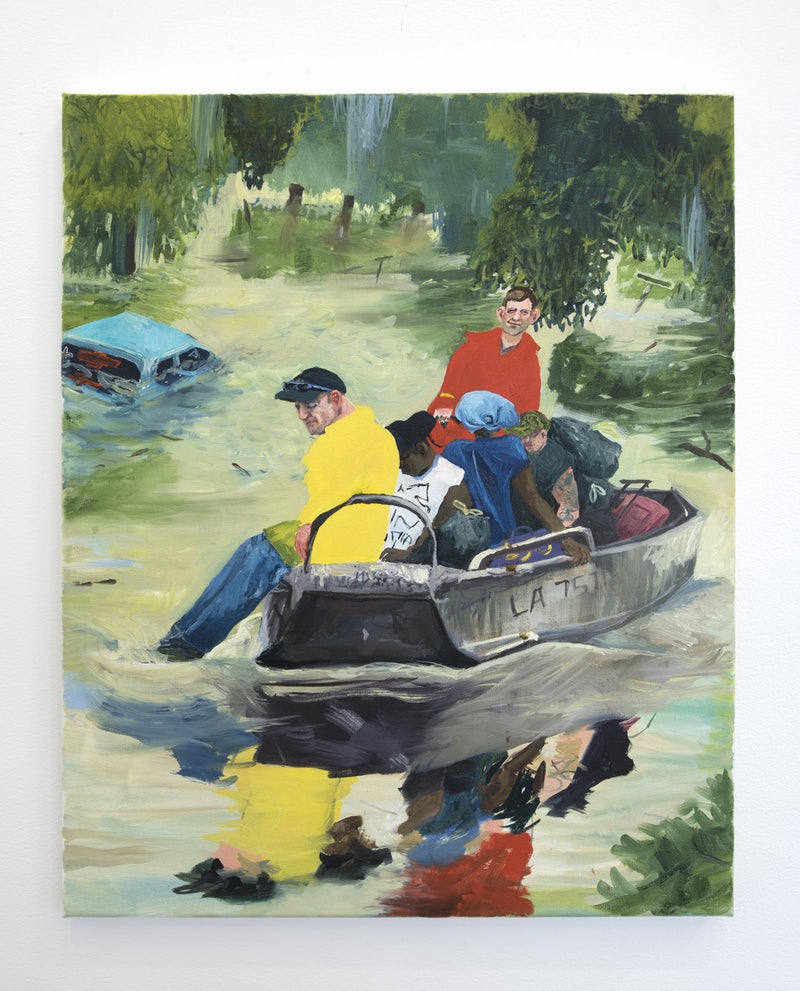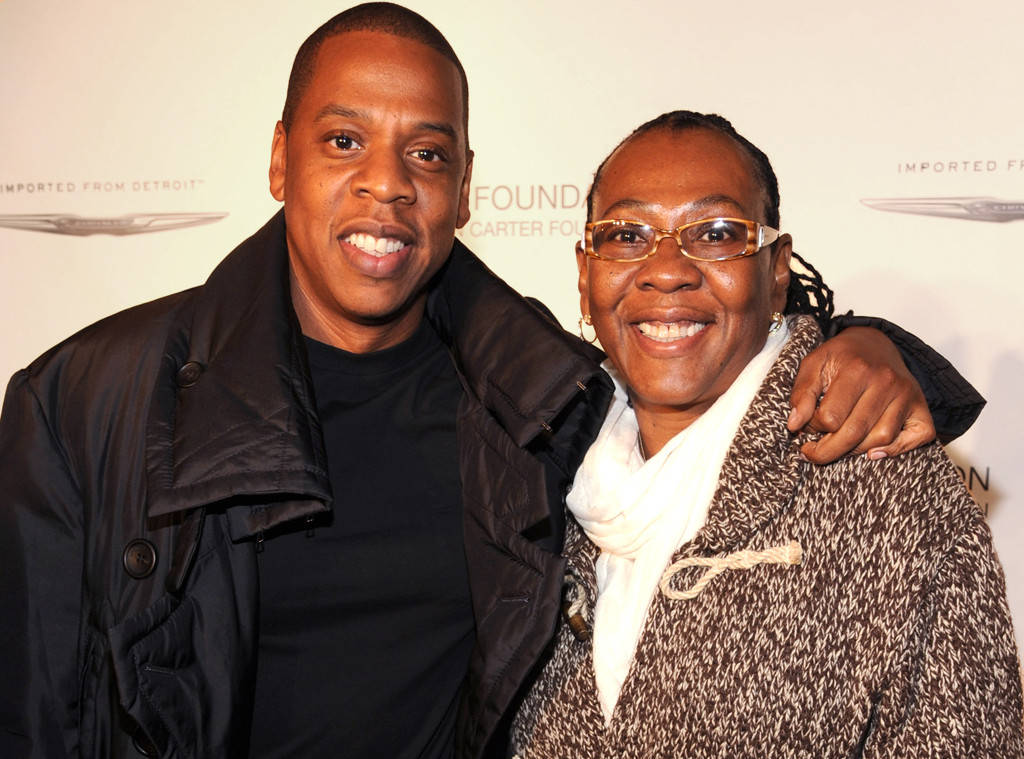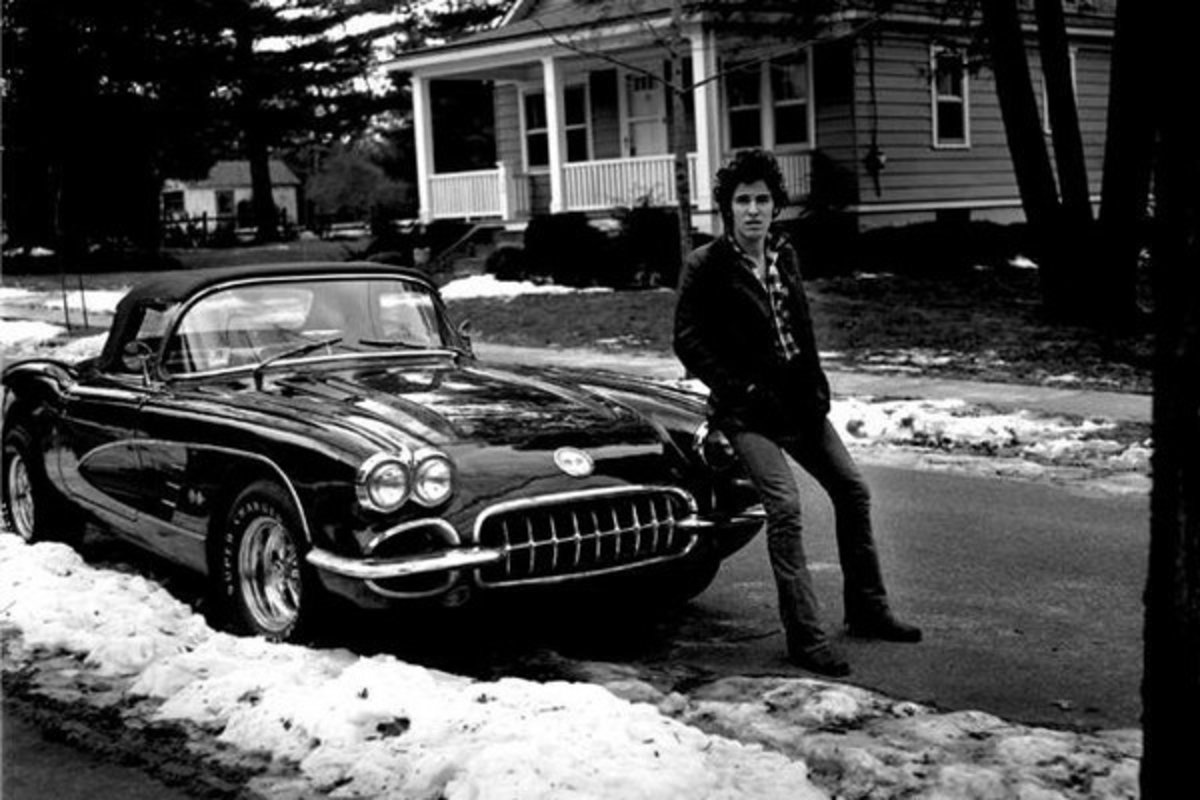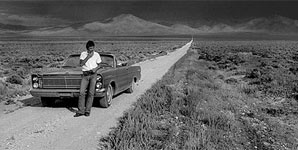 Benj DeMott
Benj DeMott
Judge Kavanaugh and Adventures of the Dialectic
“Oh Fuck!” Senator Coons reportedly said when he learned last Friday morning his friend Jeff Flake would vote to send Judge Kavanaugh’s nomination to the Senate for a final confirmation vote.
Aretha (& “the blacks”)
Aretha’s “Tree of Life” (see below) has a new poignancy since her death. No need for me to break down her funky, Pan-African, pantheist promesse de bonne heure, just press play (please).
Home Truths: David Ritz’s Essential Aretha Biography
Originally published in 2015…
What Just Happened? (Kiarostami in Tokyo & Obama in Johannesburg)
The late Abbas Kiarostami’s Like Falling in Love (2012) was originally titled “The End,” which would’ve underscored the final scene’s go-to-smash upending of viewers’ presumptions. The film, set in Japan, works like a gently penetrative Ozu-y character study until it’s transformed utterly by a sudden act of violence in the last second(s).
The Little House We Live In (& On the Rez)
Caroline Fraser’s Prairie Fires: The American Dreams of Laura Ingalls Wilder traces the Little House books’ role in American culture wars.
Telltale Signs
I only recently caught up with Ed Schultz’s swerve from “prairie populist” to pro-Kremlin anchor-man. He got his change in the summer of 2016 after he’d lost his gig at MSNBC. Schultz’s plasticity has always been apparent. (I posted on Big Ed’s persona—“250 pounds of ham and main chance”—back in 2010.)
Power Trips & A Lover’s Transport
“Everybody fucking knew” about Harvey Weinstein’s predatory side says screenwriter Scott Rosenberg in a self-lacerating post in which he called out complicit Hollywood. Rosenberg blamed himself and bigger players for their not-knowing stance toward the monstrous mogul. Rosenberg’s rant on the low motives that kept all of them on Weinstein’s team seemed spot on, but as I read him last night, I found myself resisting his larger claims for Weinstein’s cultural import:
Stuart Hall’s Legacy (Part One)
Cultural Studies 1983 (2016) Stuart Hall; Duke University Press
Familiar Stranger: A Life Between Two Islands (2017), Stuart Hall, (Editor, Bill Schwarz); Duke University Press
Resistance Through Rituals (1976) S. Hall and T. Jefferson; Hutchinson & Co.
“Subcultural Conflict and Working Class Community” Phil Cohen in Culture, Media, Language (1981) edt. by S. Hall, D. Hobson, H. Lowe, P. Willis; Hutchinson & Co.
Meantime (1984) Directed by Mike Leigh
A Running Jump (2012) Directed by Mike Leigh
“Handsworth Revolution” on the lp Handsworth Revolution (1978) Steel Pulse
“Sonny’s Lettah” on the lp Making History (1983) Linton Kwesi Johnson
“Riots, Rhymes and Reason” Linton Kwesi Johnson at www.lintonkwesijohnson.com
“Wild and Blue”: Celeste Dupuy-Spencer’s Populist Visions of America
Celeste Dupuy-Spencer has been painting up a storm. The artist told art blogger Brienne Walsh she usually takes 6 months to a year and a half to finish a picture but for “Wild and Blue,” her first solo show in New York (which runs until October 7th at the Marlborough Contemporary Gallery), she only had the summer and the “paintings just got ripped out of me.” More than a few of her pictures hint at hurricane weather. And Dupuy-Spencer, who’s lived in New Orleans (though she’s based in L.A. now), knows from floods of feeling. Pictures like Cajun Navy and Lake Pontchartrain look back to Katrina’s aftermath but are all up in this time of climate change.

 Dupuy-Spencer is “painting the news” as one reviewer has written in New Republic, citing her picture of the Confederate monument torn down last month in Durham, which “amounts to a kind of monument to the search for social justice.”
Dupuy-Spencer is “painting the news” as one reviewer has written in New Republic, citing her picture of the Confederate monument torn down last month in Durham, which “amounts to a kind of monument to the search for social justice.”
The Middle of the Journey 2.0
A brother-writer has been pumping iron and taking boxing lessons ever since Trump won. He’s Jewish (with a Latin tinge). I’m not. And that’s probably on point. The threat posed by those who chant “Jews Will Not Replace Us” may be more visceral for him than it is for me.
Grown-Up Hip Hop

Jay-Z & his mother Gloria Carter rap about her coming out in “Smile”–an exemplary track on 4:44.
Acts of Creation
Originally posted in 2012.
“New Day” – the song at the heart of Jay-Z’s and Kanye West’s collaborative CD Watch the Throne – is about the prospective joy (and pain) of fathering a…Brother.
Back to Life (Redux)
Excerpted from a piece originally published in First in 1999.
When rap star Jay-Z was fourteen—angry about a stolen/borrowed piece of jewelry—he ended up shooting his older brother. He rhymes about this in “You Must Love Me” (In My Lifetime, Vol. 1)
Travel Guide (Part One)

This essay links trips in Bruce Springsteen’s memoir, Born to Run, to rambles in Russell Banks’ Book of Jamaica, Michael Ventura’s Night Time, Losing Time, and Richard Meltzer’s The Night (Alone). It also takes in riffs in Meltzer’s reportage and recordings–including Springsteen’s (out of the archives though still under the radar) Hammersmith Odeon, London ’75–that soundtrack passages in Born to Run. But foundational things first: the book of Bruce comes out of Jack’s so this tour starts with…
“The New Yorker’s” Cover Story on Trump and Russia (& Glenn Greenwald’s Big Lie)
“Those who complain murderously about the New York Times ought to be shot.” I’m stuck on that old line of George Trow’s, which amps up my fear of undercutting real news organizations in the Age of Trump.
State of the Union (& “The Plot to Hack America”)
“The bigger issue here is why Trump and people around him take such a radically different view of Russia than has been the case for decades.” (New York Times, 2/16/2017)
No doubt. But when it comes to Trump’s philo-Tsarist turn (and the Republican Party’s “surprise surrender”), the time-scale cited above (“decades”) fails to take in the full weight of the past: “Hostility to Russia is the oldest continuous foreign-policy tradition in the United States…”
The Next President
Senator Schumer’s teary response on Saturday to Trump’s modified Muslim ban wasn’t namby-pamby. It felt right. Yet Bernard Avishai wasn’t wrong to point out in a piece posted last week at Talking Points Memo that Schumer (and Nancy Pelosi) aren’t made for this moment. Avishai argues Democrats must coalesce fast around figures who can appeal to voters who once supported the party.
The Democratic party, in other words, must have a clear message that speaks to the anxieties of the traditional Democratic voters it lost. And the message needs a tough, plausible messenger: a leader, or small number of united leaders, who embody—in their persons, their logic, their stories, and their demonstrated courage—integrity that advances what they are saying. If the message is right, and the messenger is authentic, you get a winning charisma.
